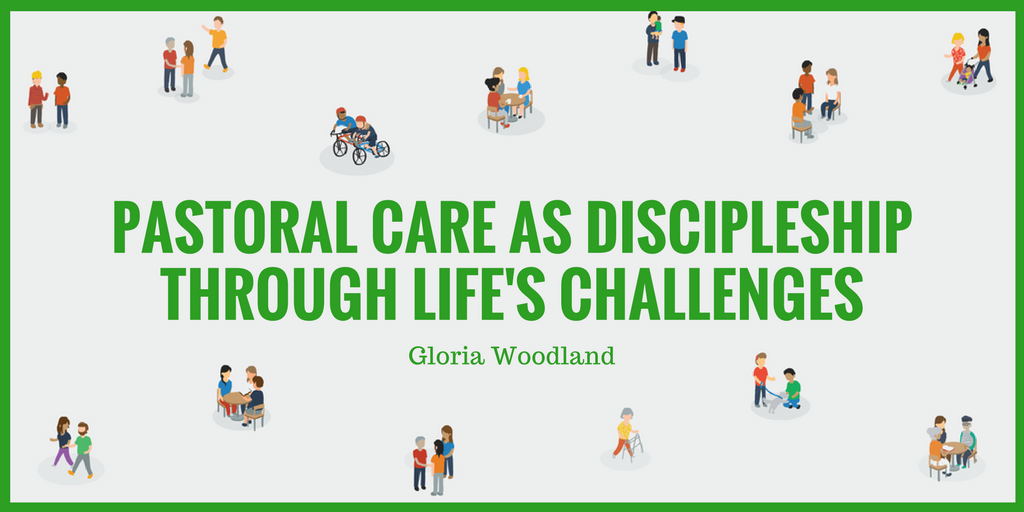Singing for Apprentices?!
 "Why are you going to seminary to study worship? All a song leader needs to do is open the hymnal and choose 3 songs."
"Why are you going to seminary to study worship? All a song leader needs to do is open the hymnal and choose 3 songs."
My aunt said this to me just before my family and I moved to Eastern Mennonite Seminary in 1994. I was pursuing a church leadership degree with a focus on congregational worship and music. My wife and I have often chuckled about her words. Yet they stay with me for two reasons. First, I'm sad that my aunt didn't understand what I wanted to learn. Second, I think congregational singing is often an underappreciated means of forming one another as Jesus' apprentices.
In November, Mennonite Brethren from across Canada will meet in Abbotsford for the biennial Equip Study Conference. This year's theme is "Transforming Discipleship." According to the preparatory materials, "A growing disciple is one who is being transformed in such a way that the deeds of Jesus, done in the power of Jesus, become an increasingly natural way of life." Simply put, a disciple is an apprentice of Jesus.
According to Paul in the New Testament, believers gather regularly to build up the church and each other (1 Corinthians 14). Another writer teaches that believers meet to provoke each other to love and to do good deeds; they also meet to encourage each other (Hebrews 10:24-25). Since singing has been a part of Christian meetings since the church began (cf. Ephesians 5:19a), I'm prompted to ask, "How does singing build up the church? And how does singing train apprentices?"


